As a new parent, choosing the right footwear for your baby can be both exciting and overwhelming. With so many options available, it’s crucial to understand how shoes can impact your child’s foot development. This guide will delve into the best shoes for baby foot development, highlighting essential features, real-world experiences, and expert insights to ensure your little one’s feet grow strong and healthy.
Understanding Baby Foot Development
Before diving into our top shoe recommendations, it’s essential to understand the basics of baby foot development. A child’s foot undergoes significant changes in its early years, particularly from birth to age three. During this period, the foot is still developing arches and becoming accustomed to various surfaces.
Why Footwear Matters
Footwear plays a critical role in the health and safety of your baby’s feet. Poorly designed shoes can hinder natural foot growth, leading to long-term issues such as flat feet, misalignment, and discomfort. Research indicates that the right shoe can support natural foot development, allowing your child to explore their environment safely and confidently. According to a study published in the Journal of Foot and Ankle Research, the right footwear can significantly influence a child’s motor development and balance.
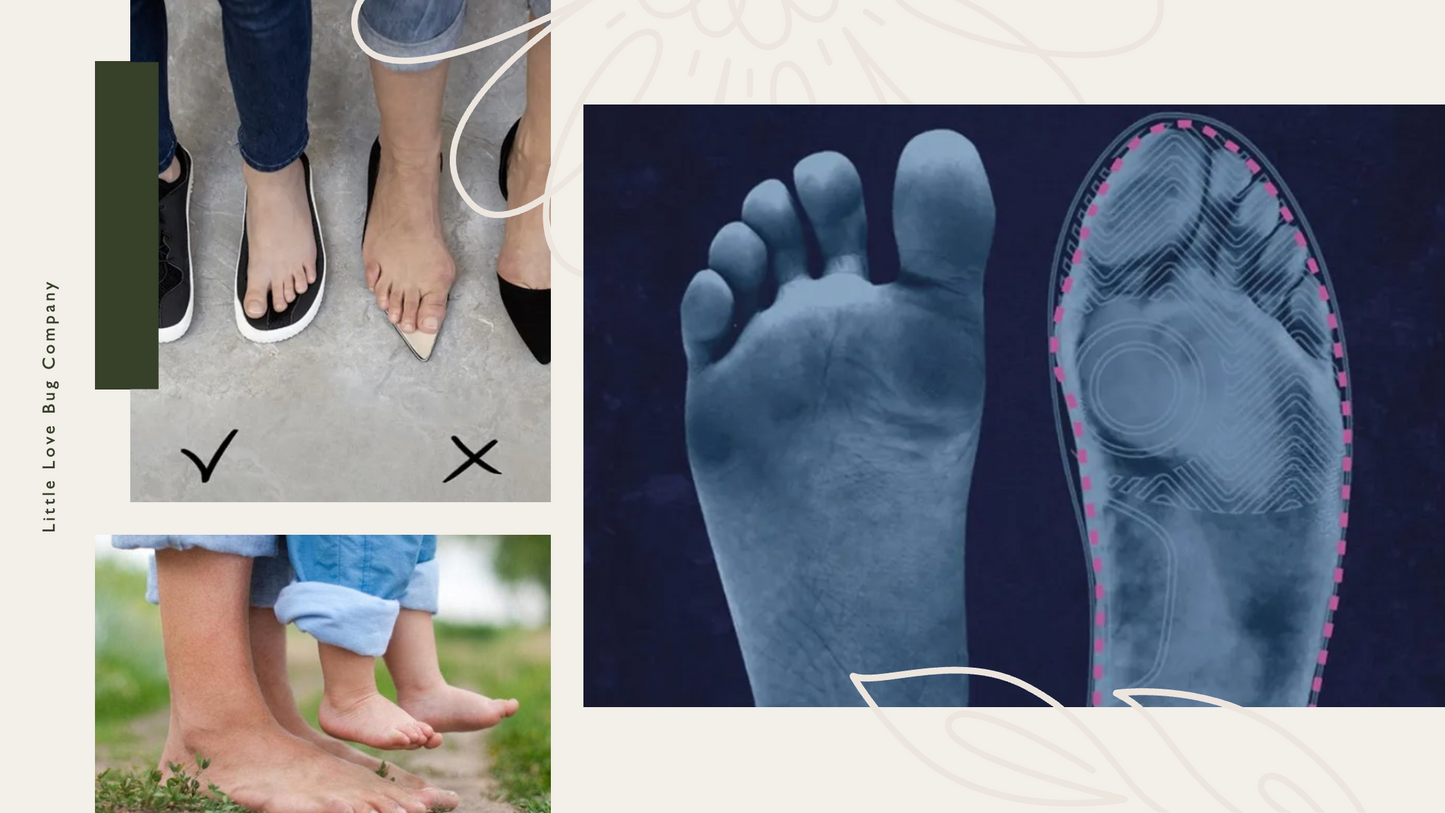
Key Features of Baby Shoes for Foot Development
When selecting the best shoes for baby foot development, consider the following key features:
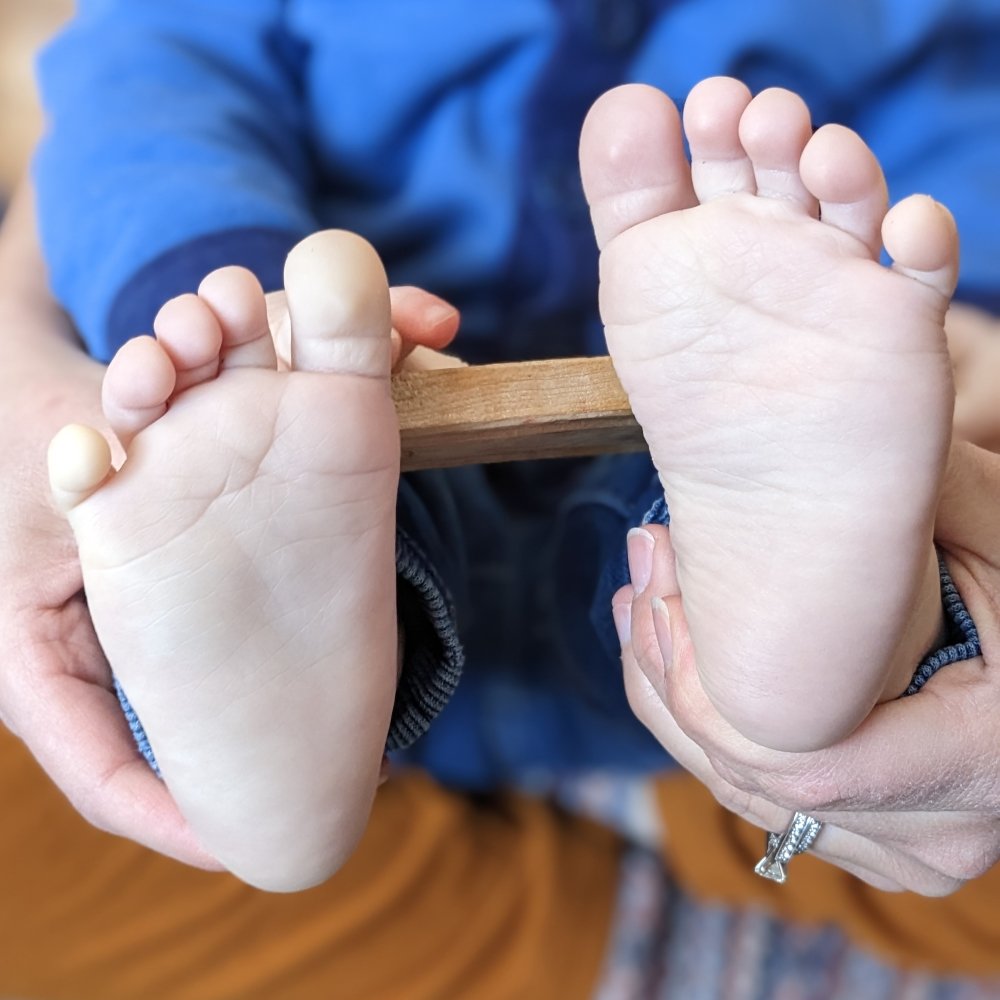
1. Flexibility
Baby shoes should be flexible enough to allow natural foot movement. Look for shoes with soft materials that enable the foot to bend and flex as your baby walks or crawls.
2. Breathability
Breathable materials help prevent moisture buildup and keep your baby’s feet dry. Look for shoes made from mesh or other airy fabrics.
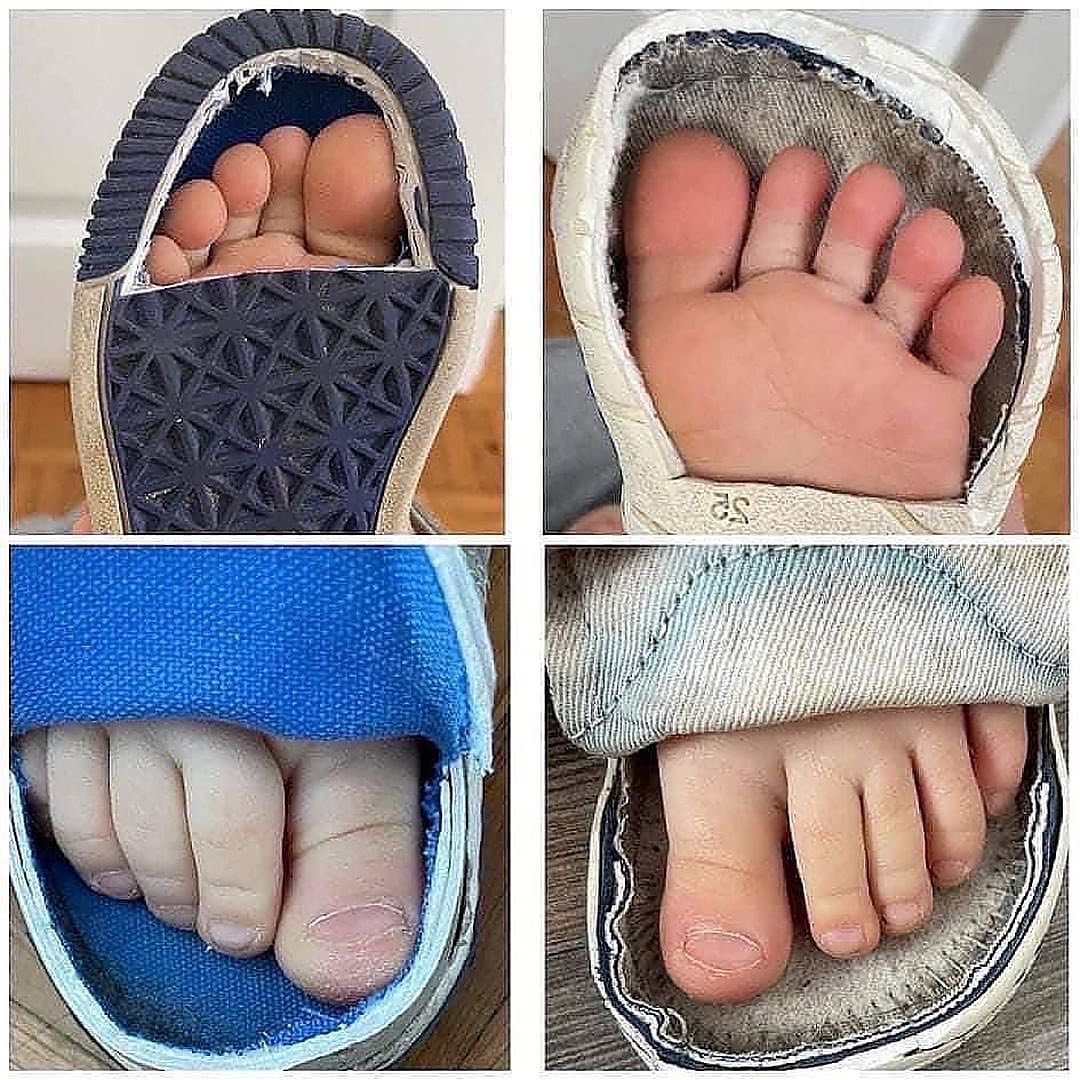
3. Lightweight Design
A lightweight shoe is essential for newborns and toddlers, as it won’t weigh down their developing feet and allows for easier movement.
4. Proper Fit
Ensuring that shoes fit correctly is vital. Avoid shoes that are too tight, as they can impede blood flow, and those that are too loose, as they may cause your baby to trip.
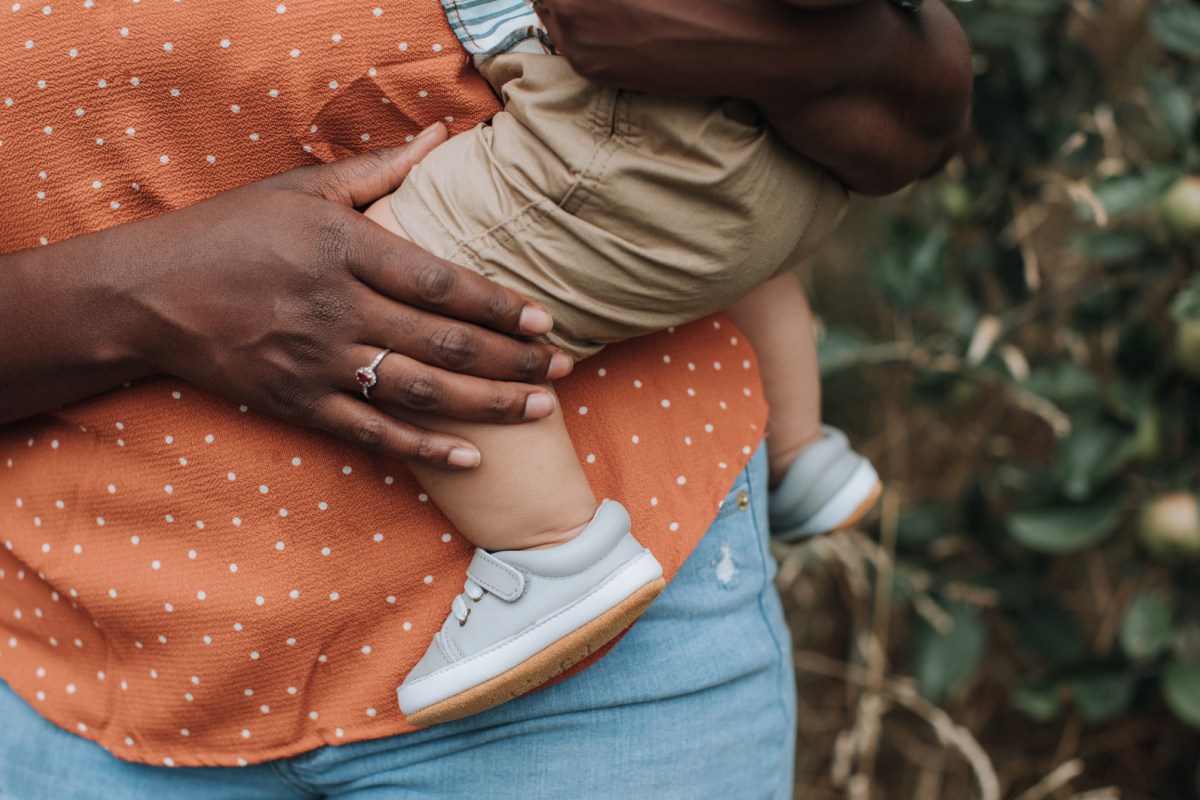
5. Durable Soles
Durability is key, especially for active infants and toddlers. Shoes with sturdy soles can withstand the wear and tear of daily use.
Top 5 Shoes for Baby Foot Development

Now that we’ve covered the fundamentals, let’s look at the top five shoes recommended for healthy baby foot development.
1. See Kai Run Kids’ Shoes
See Kai Run offers a fantastic range of toddler shoes that are perfect for foot development. They feature flexible soles, breathable materials, and a variety of cute designs.
- Pros: Lightweight, flexible, stylish.
- Cons: Slightly pricier than other brands.
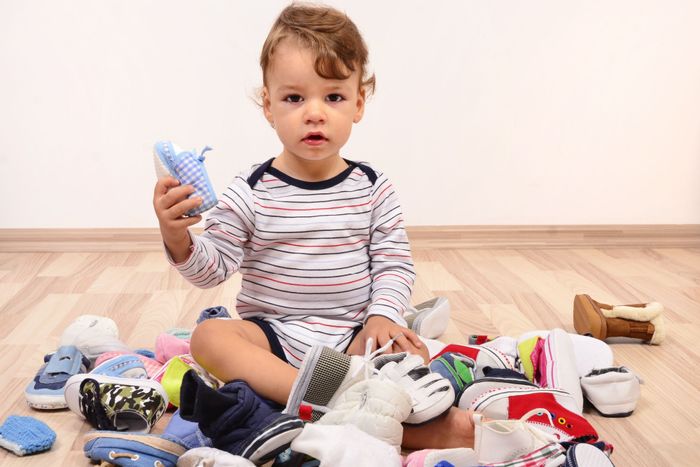
2. Stride Rite Soft Motion Sneakers
Designed specifically for first-time walkers, Stride Rite shoes provide excellent support, flexibility, and a secure fit.
- Pros: Great arch support, easy to put on.
- Cons: Limited color options.
3. Robeez Soft Soles
Robeez specializes in soft-soled shoes that mimic barefoot walking, crucial for proper foot development.
- Pros: Encourages natural movement, easy to clean.
- Cons: Less suitable for outdoor play.

4. Freshly Picked Moccasins
These trendy moccasins are not only stylish but also designed to promote healthy foot growth with their soft, flexible structure.
- Pros: Fashionable, easy to put on and take off.
- Cons: More expensive than basic options.
5. New Balance Kids’ Shoes
Known for their athletic wear, New Balance offers toddler shoes that blend comfort, support, and style.
- Pros: Excellent support, durable materials.
- Cons: Might be bulkier than other brands.
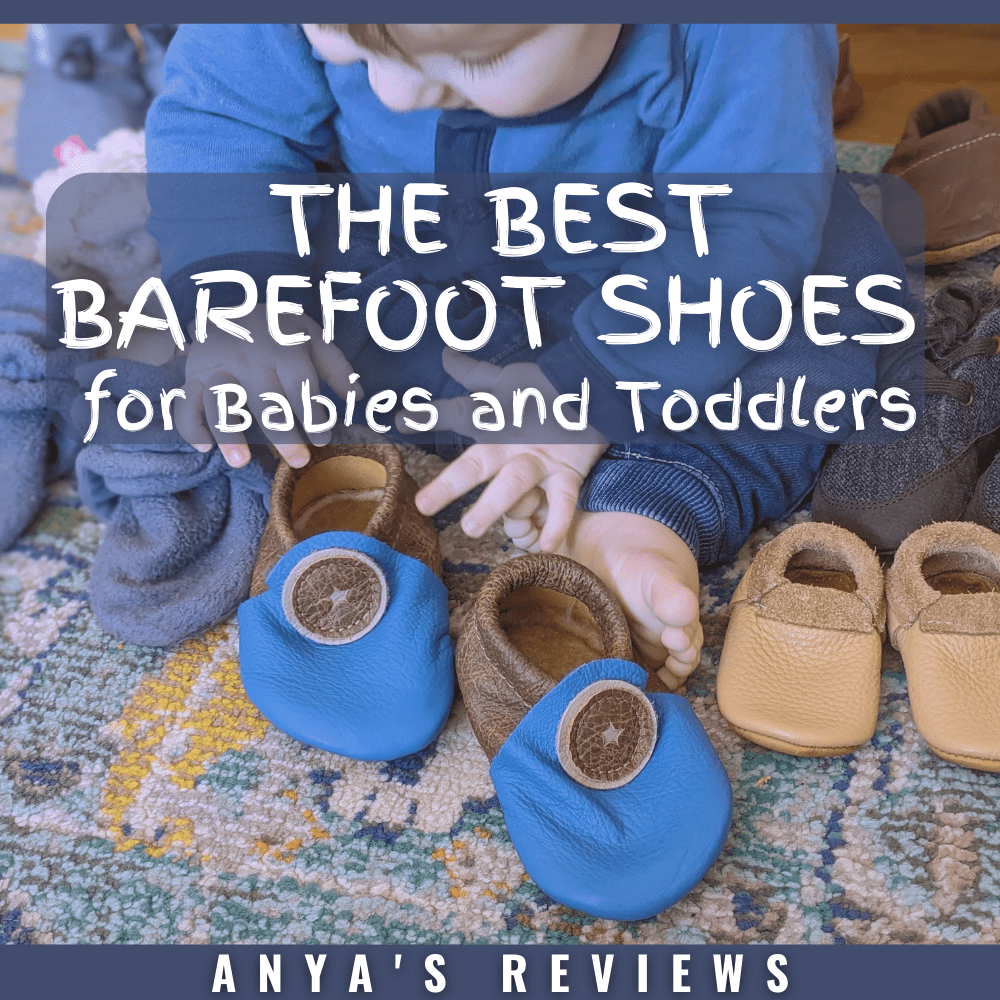
Comparative Table of Baby Shoes for Foot Development
| Brand | Key Features | Pros | Cons |
|---|---|---|---|
| See Kai Run | Flexible soles, breathable | Lightweight, stylish | Higher price |
| Stride Rite | Great arch support | Easy to put on | Limited colors |
| Robeez | Soft soles | Encourages natural movement | Not for outdoor use |
| Freshly Picked | Trendy styles | Easy to wear | Expensive |
| New Balance | Durable materials | Excellent support | Bulkier design |
Real-World Experiences and Insights
Many parents report that the right shoes have made a significant difference in their child’s mobility and comfort. For instance, Jessica, a mother of a two-year-old, shared, “Choosing See Kai Run was the best decision I made. Not only does my daughter love wearing them, but I’ve also noticed that she’s more confident in her steps.”
Another parent, Mark, noted the benefits of Robeez for his crawling infant: “The soft soles allow my baby to explore without restrictions, and I love that they are machine washable.”
These experiences highlight the importance of selecting footwear that accommodates your child’s growing feet while supporting their developmental milestones.
Tips for Choosing the Right Baby Shoes
Choosing the right shoes for your baby’s foot development can be daunting. Here are some practical tips to consider:
1. Measure Your Baby’s Feet Regularly
Baby’s feet can grow rapidly, so measure them every few months. Ensure there’s a thumb’s width of space between the end of the shoe and the longest toe.
2. Opt for Adjustable Features
Look for shoes that come with adjustable straps or elastic bands to ensure a more secure fit as your baby grows.
3. Test for Comfort
Always try shoes on your baby. They should feel comfortable right away, with no pinching or discomfort.
4. Choose Quality Over Price
It may be tempting to buy cheaper options, but investing in high-quality shoes ensures proper support for your baby’s feet.
5. Look for Positive Reviews
Research brands and read user reviews to gather insights from other parents on the best options available.
FAQs About Baby Foot Development and Shoes
1. At what age should I start buying shoes for my baby?
It’s recommended to get your baby’s first shoes when they start standing and walking steadily, usually around 9-15 months.
2. What is the best type of shoe for an infant who is just learning to walk?
Soft-soled shoes that allow for flexibility and natural movement are ideal for infants learning to walk.
3. How often should I check the fit of my baby’s shoes?
Check for proper fit every few months, as babies’ feet grow quickly, and shoes may become too small.
4. Is it necessary to buy expensive baby shoes?
While you don’t need to buy the most expensive options, it’s essential to invest in quality shoes that offer support and comfort.
5. How can I ensure my baby’s shoes are breathable?
Choose shoes made from natural fabrics or have mesh panels for better airflow.
6. Are there specific brands that are recommended for babies with flat feet?
Brands like Stride Rite and New Balance offer models specifically designed to provide arch support, making them suitable for babies with flat feet.
7. What should I do if my baby refuses to wear shoes?
Try a gentler approach by letting them play with the shoes and wear them in short intervals until they get used to it.
8. Can I use hand-me-downs for baby shoes?
While hand-me-downs can save money, ensure they have not been overly worn and still provide the necessary support.
9. What materials should I avoid in baby shoes?
Avoid shoes made from synthetic materials that do not allow airflow and can cause discomfort.
10. How can shoes affect a child’s walking style?
Improper shoes may lead to misalignment and affect a child’s walking pattern, highlighting the importance of good fitting shoes.
11. Should I let my baby go barefoot as much as possible?
Yes, allowing your baby to go barefoot helps strengthen their feet and develops sensory awareness.
Conclusion
Caring for your baby’s foot development involves making informed choices about footwear. Investing in quality shoes designed to support natural foot growth can set the foundation for a lifetime of healthy feet. Remember to prioritize flexibility, breathability, and fit, as these factors are crucial for your child’s developing feet.
We hope this guide has helped you understand the importance of choosing the right shoes for your baby. Share your experiences and thoughts in the comments below—let’s help each other navigate this exciting journey of parenthood together!
For more information on baby foot development and health, consider visiting this helpful resource.